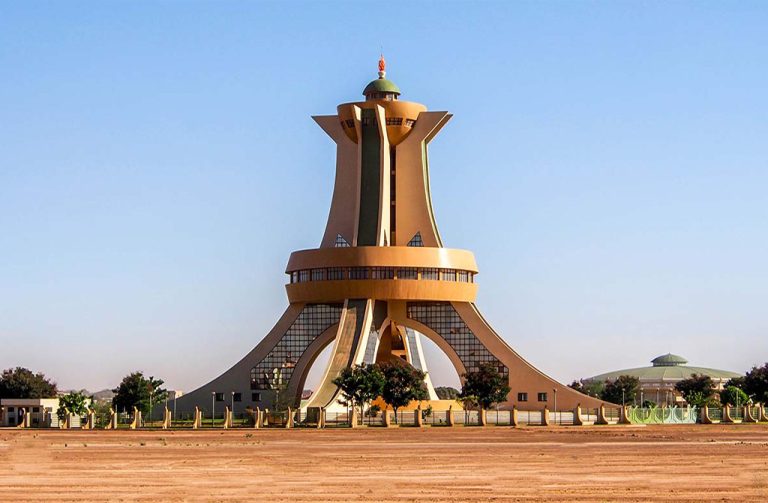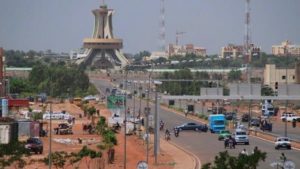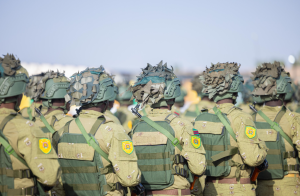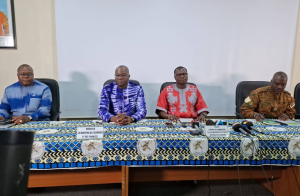Burkina Faso: Resilience in action, how the country is maintaining its economy despite security challenges

Despite facing a persistent security crisis for several years, Burkina Faso has demonstrated a remarkable ability to maintain a resilient economy. In the face of terrorist attacks, mass population displacements, and strained infrastructure, the Burkinabe economy continues to show stability and gradual recovery.
A key factor in this economic resilience lies in the government’s strategic reorientation toward priority sectors. Emphasis has been placed on achieving food self-sufficiency through resilient agriculture, hydro-agricultural development, and the distribution of inputs to farmers.
Despite insecurity, several production zones remain operational, helping the country reduce its reliance on food imports.
The mining sector, a cornerstone of the national economy, continues to play a crucial role. Gold remains Burkina Faso’s top export, and several mining sites operate under enhanced security measures. This relative stability ensures a steady flow of essential tax revenue for the state.
Additionally, efforts to digitize public administration and combat corruption have improved the management of domestic resources and strengthened revenue mobilization.
The transitional authorities are also promoting localized governance to stimulate local economies, particularly by supporting SMEs, artisans, and small businesses.
Community solidarity, citizen-led initiatives, and the actions of the Volunteers for the Defense of the Homeland (VDP) have helped sustain economic activities in high-risk areas. Though localized, these efforts have a tangible impact on the nation’s economic survival.
Despite the challenging context, Burkina Faso has shown impressive adaptability. This economic resilience, driven by strong political will and collective mobilization, offers hope for sustained recovery pending the full restoration of security across the country.
Fanta GASSAMA






